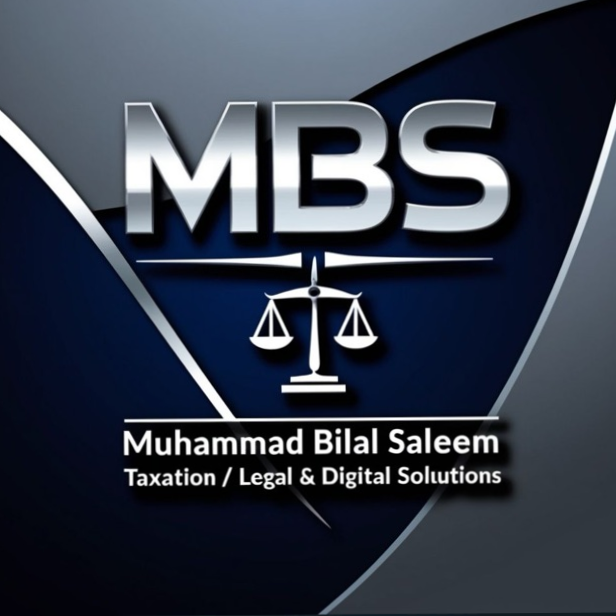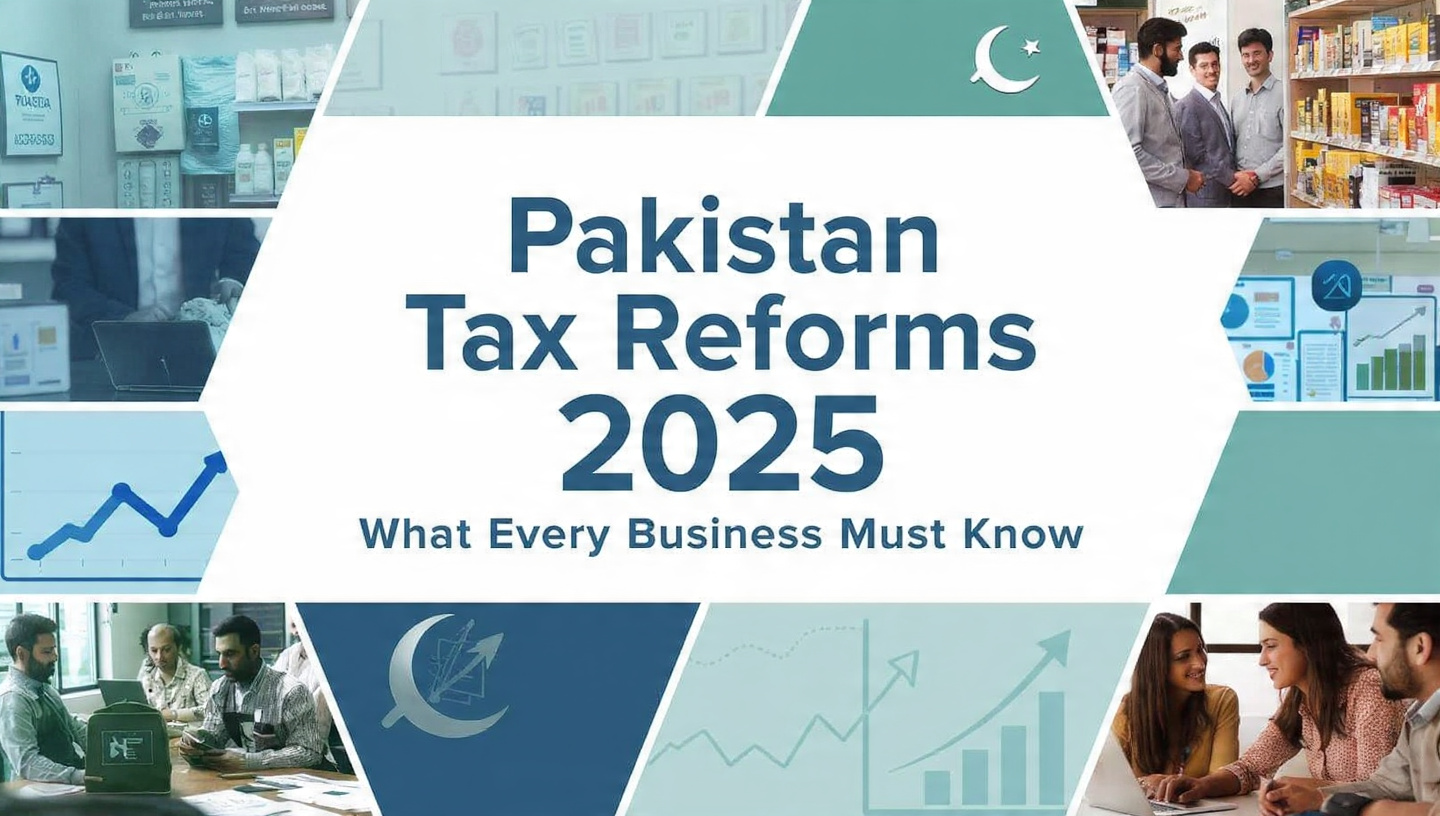
Tax Basics in Pakistan: A Comprehensive Guide
Understanding the tax system is crucial for individuals and businesses in Pakistan. This guide on tax basics in Pakistan covers key areas like the types of taxes, how to file them, and avoiding common tax mistakes.
What is Tax in Pakistan?
Tax Basics in Pakistan
Tax in Pakistan refers to the financial charge imposed by the government on individuals and businesses. This revenue is used for public services like infrastructure, education, and healthcare. The tax system in Pakistan includes both direct taxes (like income tax) and indirect taxes (like sales tax).
Types of Taxes in Pakistan
Tax Basics in Pakistan
There are various types of taxes in Pakistan, each serving a distinct purpose:
- Income Tax: Charged on individuals and businesses based on their earnings.
- Sales Tax: Levied on goods and services at the time of sale.
- Federal Excise Duty: Imposed on specific items like tobacco and petroleum products.
- Customs Duty: Charged on imports and exports.
These different taxes are essential for the government’s revenue collection, ensuring a functioning economy.
Income Tax in Pakistan: What You Need to Know
Tax Basics in Pakistan
Income tax in Pakistan applies to individuals and corporations based on their annual earnings. The tax is calculated according to the income tax slabs set by the Federal Board of Revenue (FBR). Salaried individuals, freelancers, and business owners must pay income tax, making it one of the most important tax basics in Pakistan to understand.
Sales Tax in Pakistan: An Overview
Tax Basics in Pakistan
Sales tax in Pakistan is an indirect tax imposed on the sale of goods and services. Retailers collect this tax from consumers and remit it to the government. The current standard rate of sales tax is 17%, but it can vary depending on the product or service.
How to File Taxes in Pakistan: A Step-by-Step Guide
Tax Basics in Pakistan
Filing taxes is an essential part of tax basics in Pakistan. Here’s a simple process for how to file taxes in Pakistan:
- Register with FBR: Obtain a National Tax Number (NTN) through the Federal Board of Revenue.
- Collect Documents: Gather relevant documents like income details, bank statements, and tax deductions.
- Log in to the FBR Portal: Use your NTN or CNIC to access the FBR online portal.
- Fill Out the Tax Return Form: Enter your income, deductions, and tax payments.
- Submit: File your tax return before the deadline.
Filing taxes on time ensures compliance and helps you avoid penalties.
Tax Registration in Pakistan: Why You Need an NTN
Tax Basics in Pakistan
One of the key tax basics in Pakistan is tax registration. Every taxpayer, whether an individual or a business, must register with the FBR and obtain a National Tax Number (NTN). This number is required for filing tax returns and conducting many financial transactions, such as opening a business bank account or purchasing property.
Common Tax Mistakes in Pakistan and How to Avoid Them
Understanding tax basics in Pakistan involves knowing the common errors people make. Avoid these common tax mistakes in Pakistan:
- Failing to File on Time: Late submission results in fines and penalties.
- Underreporting Income: Always report full income to avoid legal consequences.
- Incorrect Deductions: Ensure all deductions claimed are valid and backed by proper documentation.
- Neglecting to File Returns: Even if your income is below the taxable limit, file a return to avoid issues in the future.
The Role of FBR in Pakistan’s Tax System
The Federal Board of Revenue (FBR) plays a central role in managing tax basics in Pakistan. It is responsible for enforcing tax laws, collecting taxes, and ensuring compliance across the country. The FBR also provides online tools and resources to assist taxpayers in filing returns and staying informed about changes in tax policies.
Conclusion: Mastering Tax Basics in Pakistan
In conclusion, understanding tax basics in Pakistan is essential for anyone looking to stay compliant with the law and avoid unnecessary penalties. From registering for an NTN to filing taxes online, knowing the fundamentals of Pakistan’s tax system will help you manage your financial responsibilities effectively.




